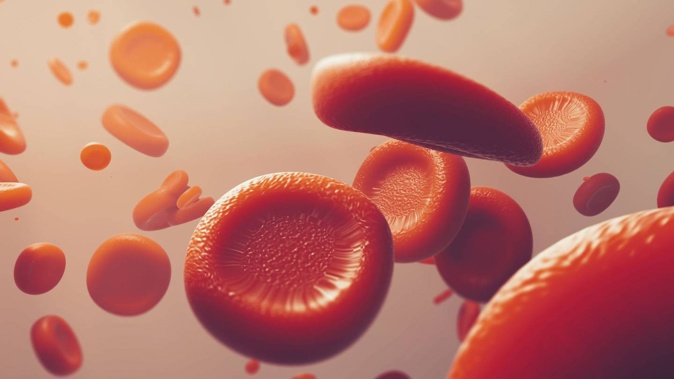
A genetic variant commonly found within Māori and Pacific people could help to boost the amount of a “good” form of cholesterol, University of Otago researchers have revealed.
Their study, published in the journal HGG Advances, represents another significant genetic discovery among populations that remain grossly under-represented in global genomics research.
It also marks one of the latest insights from an ongoing research effort that began 15 years ago when a group of scientists began working with Māori and Pacific participants to explore metabolic genetic traits.
More than 5000 individuals have since taken part – including people from Aotearoa, Samoa and American Samoa – providing researchers with a wealth of unique DNA data to analyse.
In the latest study, Jaye Moors, a Pacific researcher at Otago University, focused on a particular enzyme called cholesteryl ester transfer protein, or CETP.
That was known to affect levels of HDL, or high-density lipoprotein, which was sometimes called “good” cholesterol because of its role in aiding heart health.
CETP works by absorbing cholesterol in the blood and carrying it back to the liver, where it is flushed from the body, in turn lowering the risk of heart disease and stroke.
While analysing the data, Moors discovered a remarkable genetic variant that appeared important for CETP’s function.
Using a statistical methodology, she was later able to show the variant indeed correlated to a dramatic change in HDL cholesterol.
Namely, it was found to be associated with higher HDL cholesterol, and lower levels of low-density lipoprotein (LDL) - called the “bad cholesterol” as too much of it can contribute to plaque build-up in arteries.
Study co-author Dr Megan Leask (Kāi Tahu) said a key focus of the research had been on dyslipidaemia, a condition characterised by abnormal levels of one or more types of lipids – or fats – in the blood.
Changes in lipid levels were also known to contribute to gout, an inflammatory arthritis.
“In Aotearoa, gout is prevalent in Māori and Pacific people and it is now well established that these populations have unique genetics that contribute to the risk of gout,” Leask said.
“However, this is the first study to show that genetics specific to these populations can increase good lipids in the blood.”
She said the team honed in on CETP because, in studies involving other population groups, genetic changes within it had been observed to cause lipid level changes.
“We were surprised to find such an important genetic variant that was very common in Māori and Pacific people, but found in no other population worldwide and influenced lipid levels so much.”
Other studies that had investigated the biochemical nature of the gene indicated that the variant was located within an important part of the protein, she said.
“We predict that, by having this variant, it reduces the transfer of good cholesterol to bad cholesterol, which means that people who have this variant end up with more good cholesterol in their blood.”
In their paper, the research team said comprehensive evaluations of genome-wide genetic variation in Māori and Pacific populations were long overdue and “essential” for improvement in health outcomes.
They would also be critical for equity in genomics and healthcare, they said, as science moved toward an era of personalised medicine grounded in genetics.
“Ultimately, population-specific analyses like the one presented here will address the critical issue of inequity of minority participation in genetic research, furthering genomic justice and equity in genomics research for all population groups.”
Take your Radio, Podcasts and Music with you









